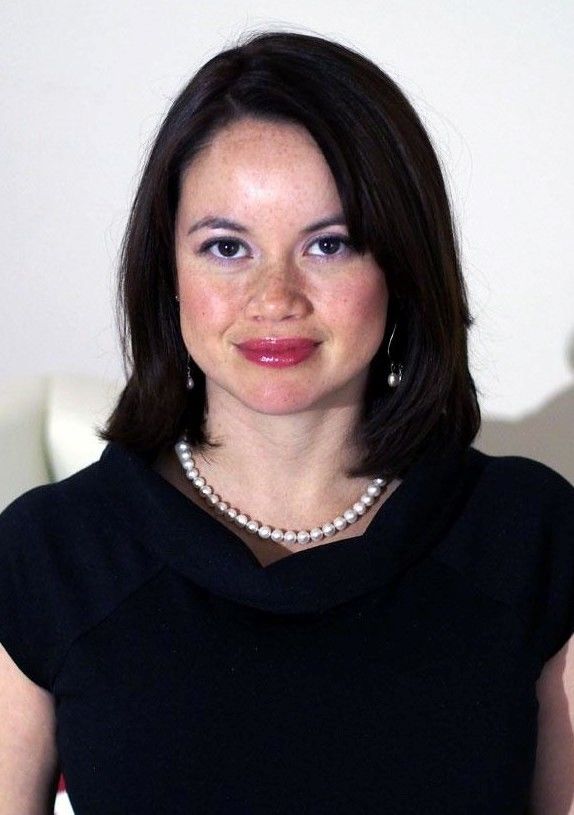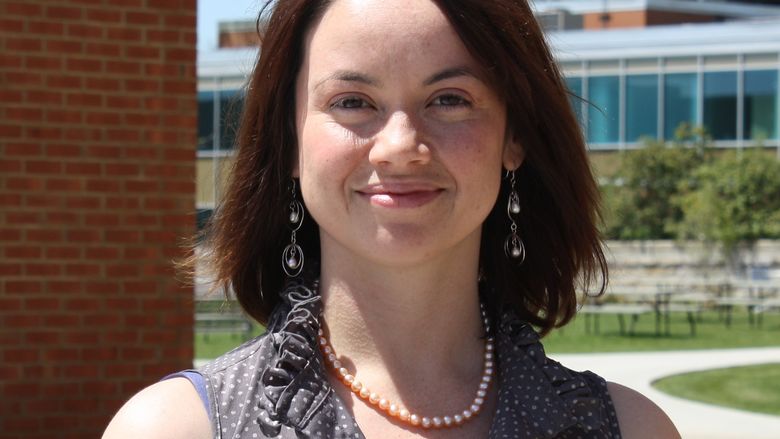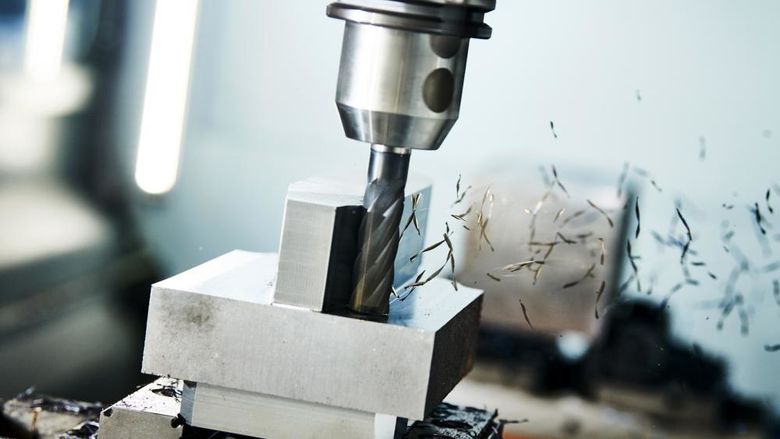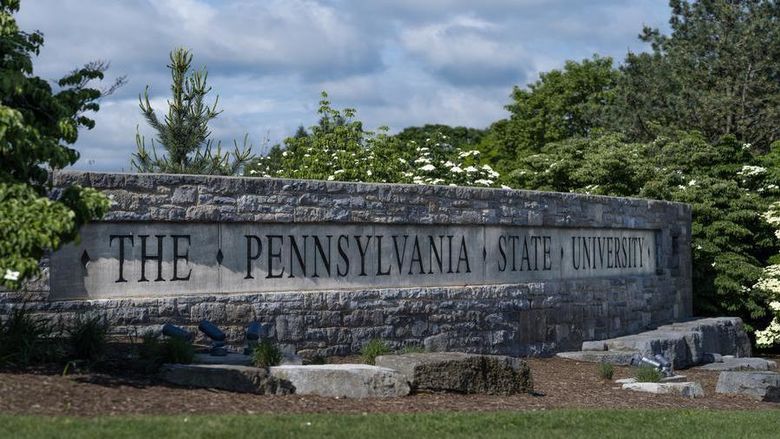DUBOIS, Pa. — Penn State DuBois Associate Professor of Mathematics and Geoscience Neyda Abreu has earned the opportunity of a lifetime. She has been invited to join an international research team with the Japanese Space Agency (JAXA) to analyze material collected from asteroids during space missions. Abreu described the opportunity, saying, “I have just been given the chance to touch a thread in the fabric of the universe.”
Abreu will serve as a deputy subleader for the fine-grained Mineralogy-Petrology Team with JAXA that will analyze samples from Asteroid Ryugu. This will be only the second time a space mission has returned samples from an asteroid; the first was also accomplished by JAXA. The missions send unmanned spacecraft to the surface of asteroids, using robotics to dock on the asteroids’ surface and collect samples.
“We hope not only for groundbreaking feats in space exploration, but also to unveil important secrets of the formation of the solar system,” Abreu said. “We have tantalizing hints of the importance of this type of asteroid from meteorites that come from similar asteroids. Studies of these meteorites have shown that these materials played important roles in the formation of planets and on the origins of life.”
Abreu explained that asteroidal research has three distinct goals -- to better understand the formation of planets and the solar system; to potentially unlock valuable resources from the celestial objects; and to learn how to predict and prevent any potential asteroid collisions with Earth. The researchers will study how the asteroids form, what they’re made of, how many layers of material are present, and more. Abreu will conduct much of her work at Penn State's Materials Research Institute at University Park.
“There is a wealth of potential outcomes. From a purely scientific standpoint, we can better understand how planets form, how they evolve,” Abreu explained. “There are not living organisms on the asteroids, but all the ingredients for life are there. Because we are finding organic molecules, we can learn more about how living organisms come together.”
The second goal of exploring resource availability may come as a surprise to most, Abreu said: Asteroids can be rich in resources like platinum group elements and other metals. These are nonrenewable resources on Earth, used in electronic devices such as computers and cellphones.
“We will explore valuable mineral resources that will become progressively harder to get from sites on Earth," she said. "If we can figure out how to do this in an economic manner, it would give us more of these resources for use in technology. Ones where we are straining the terrestrial budget.”
The third goal of this work, Abreu explained, could quite possibly save the world. She said, “Asteroids are also a threat to living systems on Earth. Previous collisions created mass extinctions. So, the more we figure out their make-up, the more we can figure out how to get them out of the way.”
Abreu’s work with JAXA will be long-term; each space mission to harvest material takes several years. The next samples will not reach Earth until 2021. This continued work, however, is something Abreu said she sees as an enormous honor.
“I feel hugely grateful and immensely humbled. I’m thankful to those who selected me and all of the team members who made it possible,” she said. “When you are involved in these missions, it becomes your life’s work. So, the Hayabusa2 team at JAXA is letting me into a big piece of their lives.”
Abreu expanded on the scale of this opportunity, saying, “Working with something when you are the first person to look at it is a scientist’s dream come true. Seeing something no one else has seen before fills that need for exploration that we all have. We all have that desire to see what’s beyond the horizon, beyond what’s known. I think on that level, it just connects us all. And the way we see the solar system can fundamentally change from what we find doing this work. Is there anything more exciting?”
Abreu has conducted extensive research into meteorites and their relationship to asteroids, including a six-week expedition in Antarctica to collect meteorite samples there that had fallen to Earth, earning her the National Science Foundation Antarctica Service Medal in 2011. She holds degrees in astronomy and physics and a doctorate in Earth and planetary sciences, and has served as NASA principal investigator. Her research interests include understanding early solar system chemistry through the observation of primitive meteorites. Abreu recently published a book "Primitive Meteorites and Asteroids: Physical, Chemical, and Spectroscopic Observations Paving the Way to Exploration" (Elsevier, 2018). She began teaching at Penn State DuBois in 2007.





